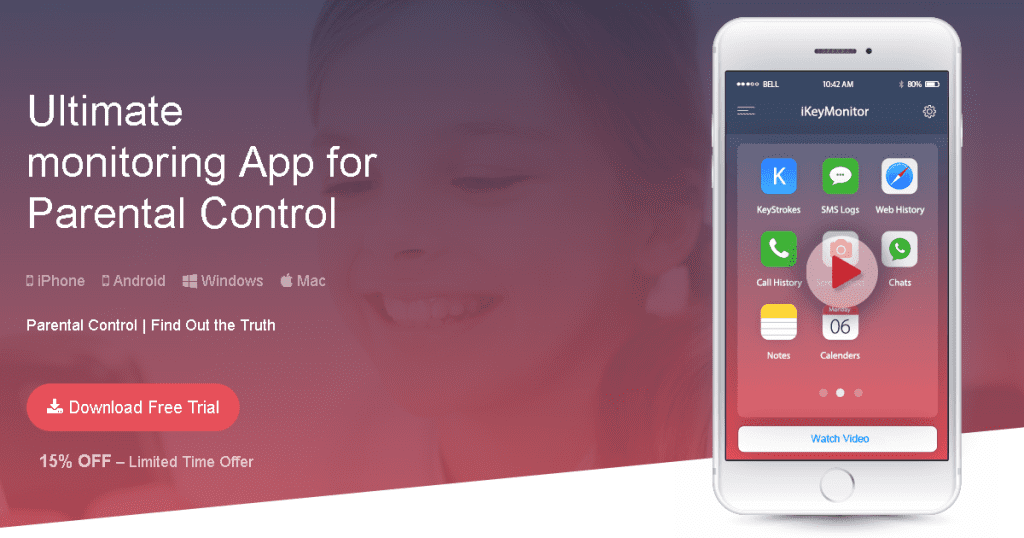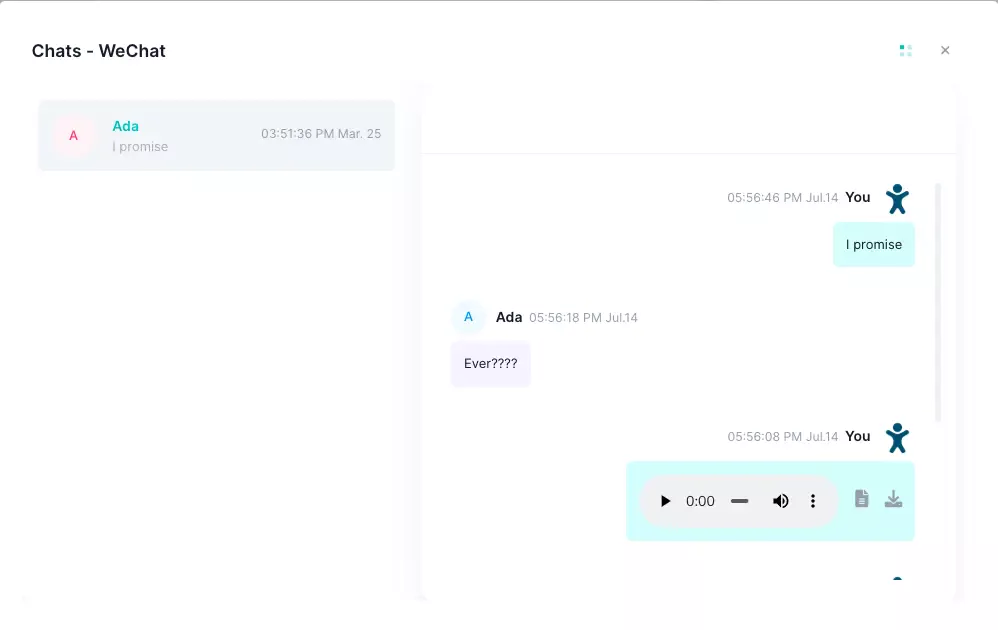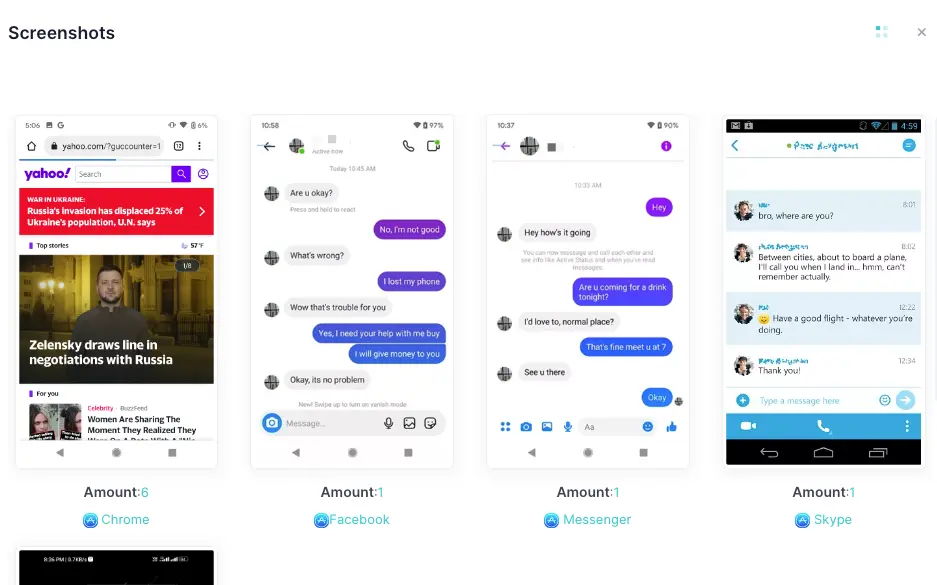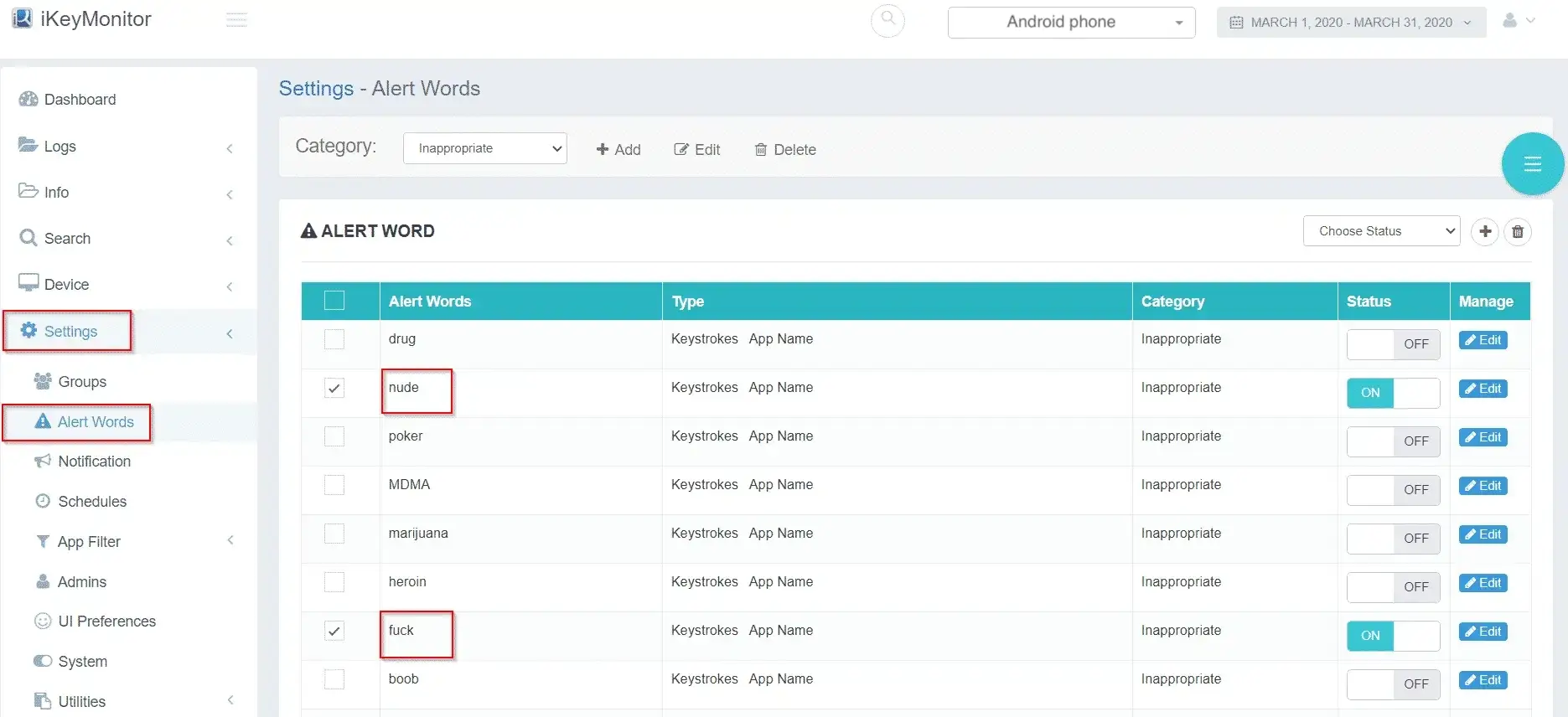Why Are Social Media Memes Problematic for Teens? 2026
Social media memes often feature photos with captions that turn them into viral jokes or comments. While making memes can be fun, it’s not always harmless. Teens may face serious risks if they create or appear in memes, including privacy breaches, cyberbullying, or unwanted attention. As a parent, it’s important to be aware of these dangers and guide your children to make smart choices online.
What Are Social Media Memes?
Social media memes often start as humorous or relatable content, but they can quickly become problematic. Typically, memes feature photos taken without permission, often with poor quality. While the intent may be lighthearted, the person in the photo may feel humiliated, especially if cruel comments or threats are involved. Memes can have a negative impact, particularly on teens, who frequently share, repost, or retweet them. Here are some facts about social media memes:
- Memes are popular among teens who tend to share, repost, or retweet them.
- They can turn harmful, leading to cruel comments or even death threats.
- Being ridiculed for something they didn’t do can be embarrassing and damaging for individuals.
- Memes can perpetuate online bullying, sexism, and other harmful behaviors, often targeting vulnerable kids.
Why Are Internet Memes Popular?
Internet memes have grown in popularity over time, especially among teenagers who share and repost them across social media platforms. While some memes carry positive messages, like a child helping their father, others can have unintended consequences. Here are some reasons why social media memes are popular:
Easy to Create
Memes are simple to make and don’t require much effort or expense. Young people looking to stay relevant on social media often use memes to connect with their audience. The more relatable and engaging a meme is, the more likely it will be shared.
Funny and Easy to Share
Memes are quick to consume, often funny, and easy to share. In a fast-paced world overloaded with information, memes provide a simple way to entertain and connect with others. Their brevity makes them ideal for people with limited time, and sharing them is just a click away.
What Parents Need to Do About Memes?
As a parent, it’s essential to understand that social media memes aren’t just funny or harmless. While they can be entertaining, they also have the potential to cause harm, especially when shared without thinking. It’s important to talk to your kids about how memes can affect others. Here are a few steps you can take to keep your child safe:
Have Open Conversations
Teens often share memes without considering the consequences. Have an honest discussion with your child about the impact of sharing photos, especially those of others. Make sure they understand the importance of asking for permission before posting someone else’s image.

Set Screen Time Limits
Reducing your child’s screen time can help prevent them from getting caught up in meme culture or other distractions. When they have less time on their device, they’re less likely to misuse it for posting or browsing inappropriate content.

Monitor Their Social Media Activity
Using a parental control tool like iKeyMonitor allows you to monitor social media memes your child shares and receives. You’ll be able to spot any problematic content early and step in if needed. This helps ensure they’re not engaging in harmful online behavior.

iKeyMonitor Helps Deal with Social Media Memes Addiction
iKeyMonitor is the best parental control app that helps you keep track of your children’s online activities. It tracks social media use, including meme sharing, and lets you monitor messages and set alerts for certain keywords. The app also captures screenshots to show what your child is doing on their device. With iKeyMonitor, you can act quickly if you notice any worrying behavior or inappropriate content. Here is how iKeymonitor helps to deal with Social Media Memes addiction:
Monitor Social Media Activity
iKeyMonitor enables you to remotely access your child’s social media accounts and monitor their interactions. You can see what memes are being shared, who is sending them, and how your child is responding. If you spot any inappropriate or harmful content, you can take immediate action.

Capture Screenshots of Activity
With iKeyMonitor, you can track your child’s activity through regularly captured screenshots. These images show what your child is viewing and sharing on their device. By reviewing these screenshots, you can easily see if your child is involved with any harmful memes or social media activity.

Set Custom Alert Words
iKeyMonitor allows you to set custom alert words. If a specific word or phrase, like “meme” or something potentially harmful, appears in your child’s messages or online searches, you’ll receive an email notification.

Block Apps and Games
iKeyMonitor gives you the ability to block specific apps or games. If your child spends too much time on meme-sharing platforms or if you feel certain apps are contributing to unhealthy habits, you can easily block access to those apps.

FAQs About Social Media Memes
Q1. What are social media memes?
Social media memes are images, videos, or text that are shared widely, often with humorous or satirical content. They spread quickly across platforms like Instagram, Twitter, and Facebook, and can become viral.
Q2. Why are memes so popular?
Memes are popular because they are easy to create, share, and understand. They resonate with young people, often reflecting trends, humor, and relatable experiences that are quickly shared within social networks.
Q3. How do memes affect teens?
Memes can influence teens positively or negatively. While they may be fun and creative, they can also promote bullying, body shaming, and inappropriate behavior. It’s important to monitor teens’ meme activity for their safety.
Q4. Can memes be harmful?
Yes, Social media memes can be harmful. They may spread negative stereotypes, cyberbullying, or offensive content. Teens might also face emotional distress if they are the subject of hurtful memes. Parents should be proactive in monitoring their children’s meme interactions.
Q5. Can I track my child’s meme activity?
Yes, with iKeyMonitor, you can track your child’s social media activity, including memes they share or receive. It’s a great tool for monitoring content and protecting children from harmful meme trends.
Conclusion
Parents have an important role in preventing children from sharing harmful social media memes. If you’re concerned about your child posting inappropriate content, using a parental control app like iKeyMonitor can help. By tracking their online activities, you can protect your child from harmful trends.

Tags: consequences of sharing any meme, facts about social media memes, Internet memes, social media memes
Category: Learning & How to